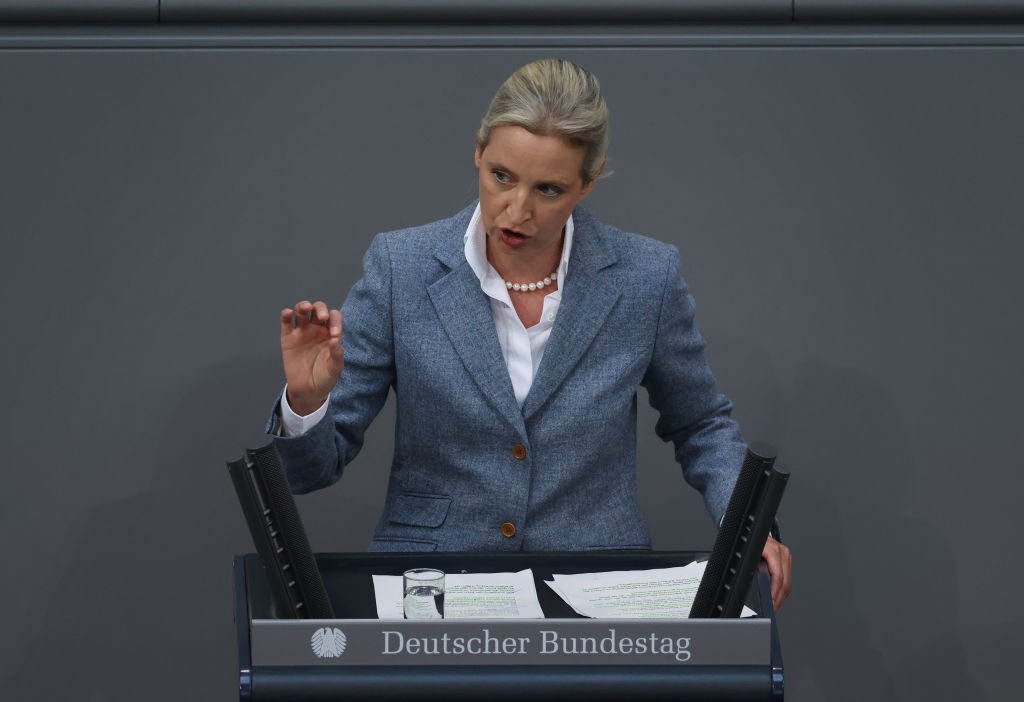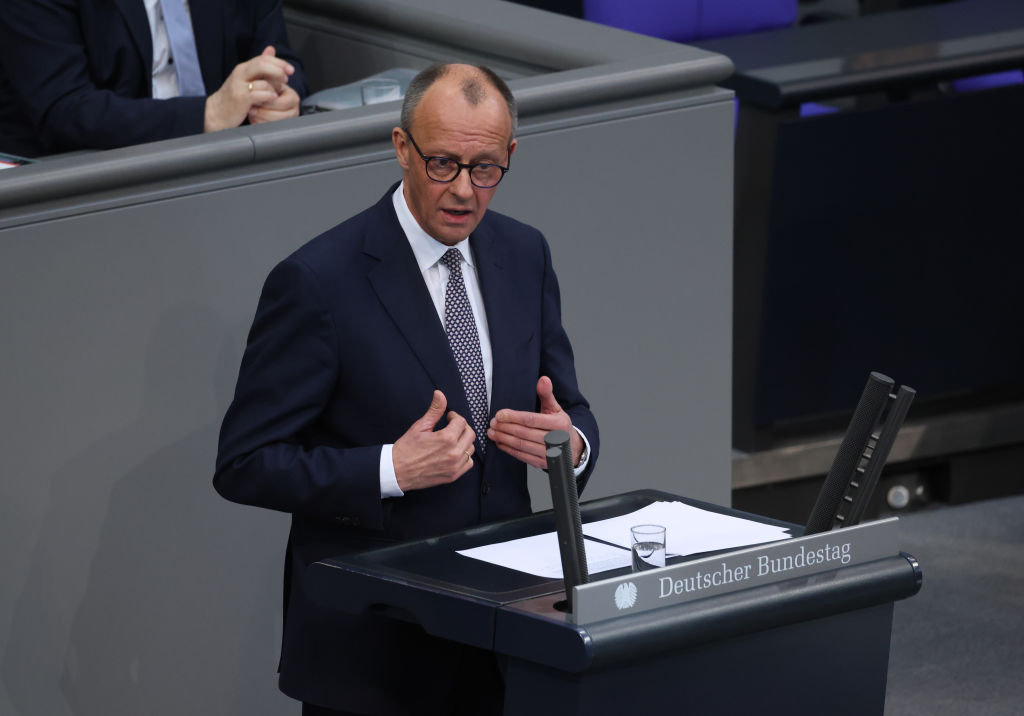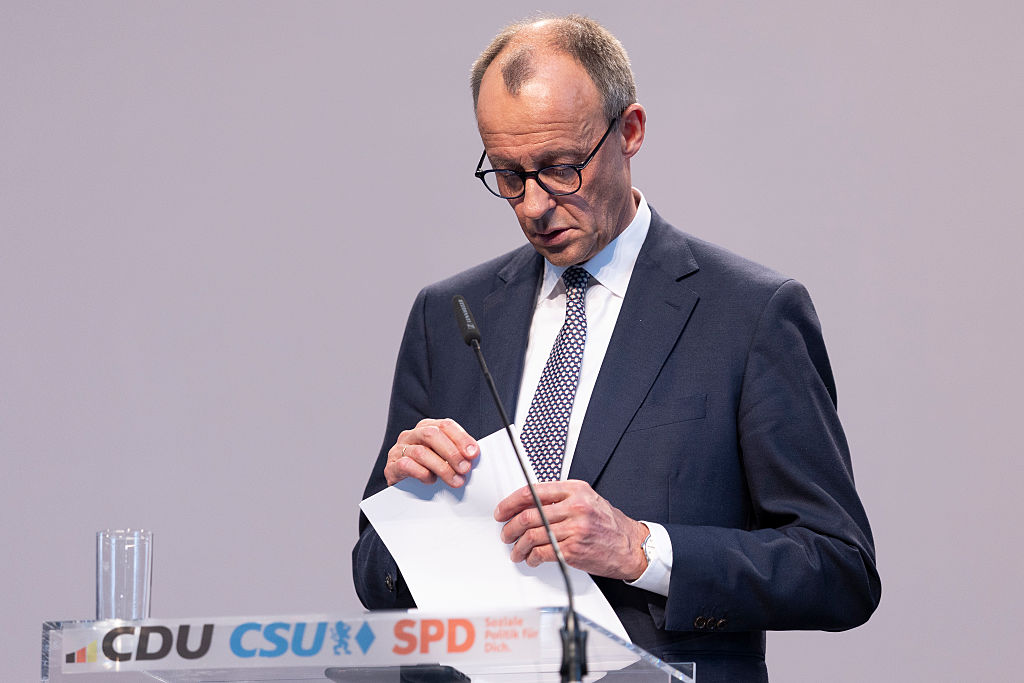Friedrich Merz, leader of the German Christian Democratic Union (CDU) party, has failed to garner enough votes in the Bundestag to become chancellor of Germany in the first round.
In the late afternoon, Merz narrowly won a hastily scheduled second round of voting.
On May 6 at 9 am the main chamber of the German Bundestag, or parliament, rejected his candidacy in a secret vote. Merz received 310 out of 621 votes, missing the necessary majority by six votes.
His Conservative CDU and its planned coalition partner, the Social Democratic Party (SPD), have 328 seats in the Bundestag.
As the vote was secret it was unclear which MPs voted against Merz.
The SPD denied all blame. “We assume that everyone of us voted yes. Nobody was absent either”, a source close to SPD leader Lars Klingbeil told German news outlet dpa.
The defeat was a historic first – no candidate for German chancellor had ever been voted down in the first round of voting before.
Following the rejection, the way forward was left unclear.
According to Article 63 of the German Constitution, a new vote could be held within 14 days but not on May 6, thwarting Merz’ plan to become chancellor on that date.
The right-wing Alternative for Germany (AfD) party had suggested May 7 for any second vote.
If no candidate received an absolute majority during a ballot within 14 days of the first round, another would be held immediately in which a relative majority – the candidate getting the most votes – would secure the chancellorship.
The German President Frank-Walter Steinmeier (SPD) could, though, then dissolve the Bundestag and announce a snap election.
After hasty deliberations, the Bundestag finally agreed to hold a second round of voting at 3:30 p.m. which Merz narrowly won with 325 votes – still less than the 328-seat majority of CDU and SPD.
The unexpected defeat of Merz – which came after the CDU and SPD had spent months negotiating a controversial coalition pact – sent shockwaves through Germany.
Many journalists and others said they believed the country was facing “a national crisis”.
The stock market reacted with severe losses to the news and the resulting uncertainty with the German main stock index DAX down 2 per cent at noon on May 6.
Some economists have said the lost vote was a “disastrous signal” for the economy. “It sends the message: The ranks are not closed”, said Jens Südekum, a professor of economics in Düsseldorf who has close ties to SPD.
As of the time of writing there was no official statement from Merz.
Journalist Hans-Ulrich Jörges surmised on Welt TV: “Merz is deeply shocked and sitting in a chair somewhere.”
He urged the Conservative leader to make it clear fast whether he intended to stand for a second round of voting. At noon CDU MP Jens Spahn announced that Merz would stand for a second round of voting.
Ben Brechtken, a libertarian pundit, wrote on X on May 6: “Germany cannot be governed on this basis. The Conservatives must now talk to the AfD. At least as a means of exerting pressure.”
AfD leader Alice Weidel wrote on X the same day that the lost vote “showed on what a weak foundation the small coalition of the CDU and the SPD is built”.
She later demanded Merz’ resignation and a snap national election.





